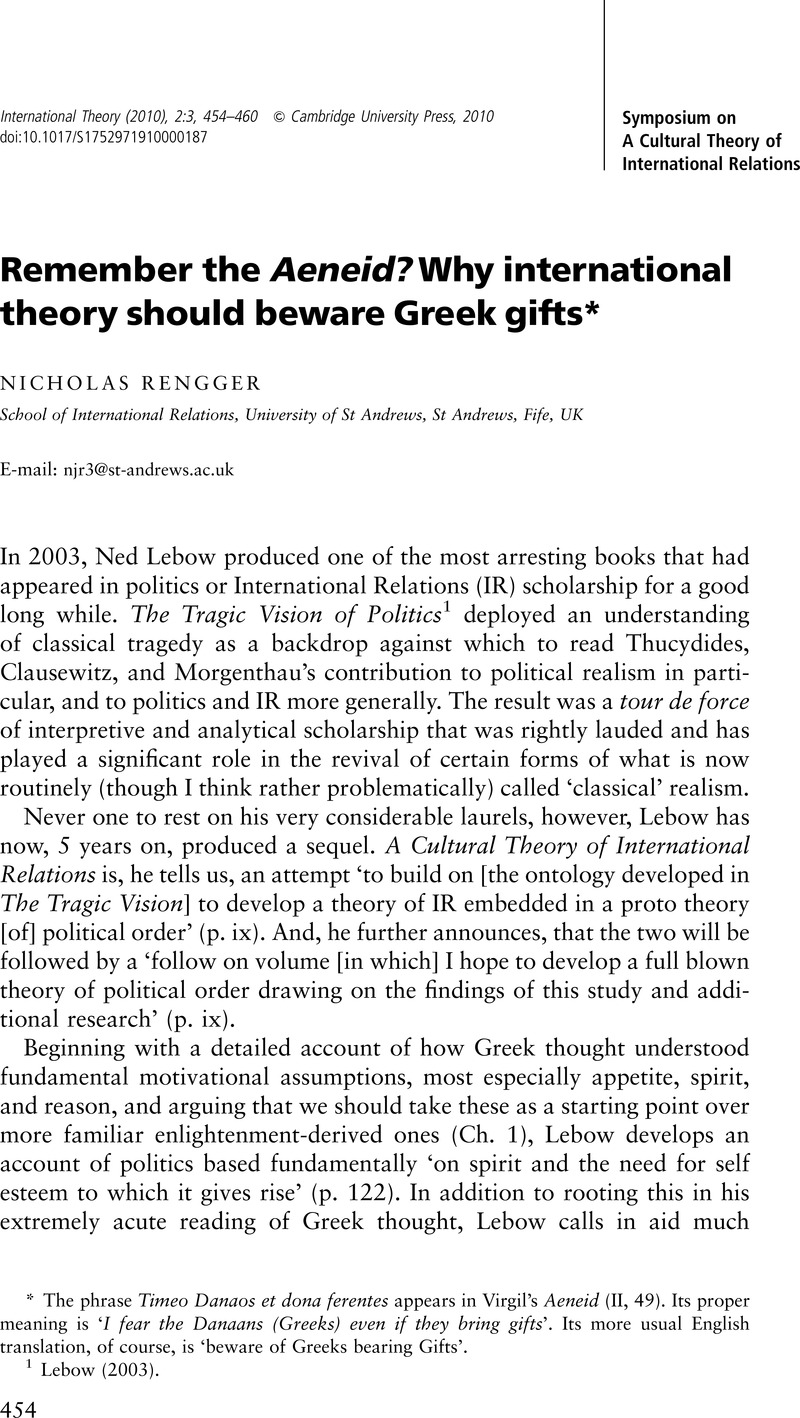Crossref Citations
This article has been cited by the following publications. This list is generated based on data provided by Crossref.
Kornprobst, Markus
2017.
Richard Ned Lebow: A Pioneer in International Relations Theory, History, Political Philosophy and Psychology.
Vol. 2,
Issue. ,
p.
45.



